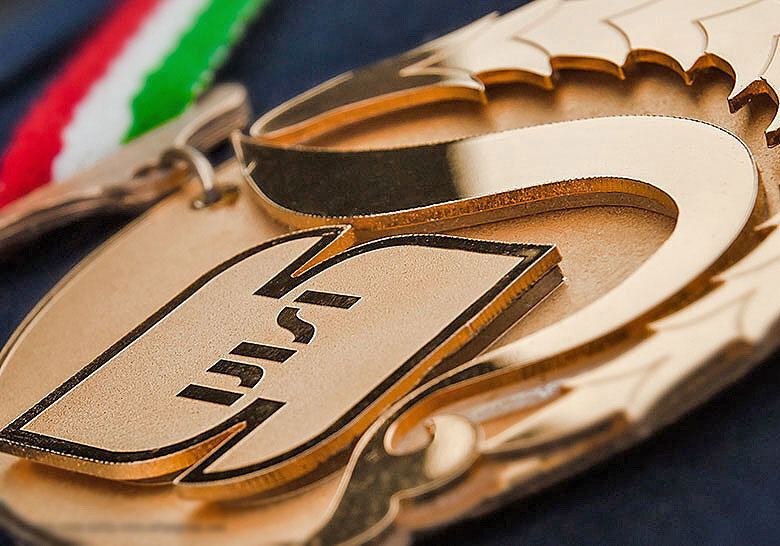Standards in Iran date back to Achaemenid era: expert

TEHRAN – The concept of standards has been present in Iran since ancient times, dating back to the Achaemenid era, Ali Jalali, the former secretary and board member of the Iranian Scientific Standard Association, and an official standards expert, has said.
“If you look at the pyramids of Egypt and compare them with the statues of Persepolis, you will notice that the Iranian statues appear joyful, while the Egyptian pyramids have sad faces.
One of the main reasons for this is that a standard management system in Iran at that time included worker leave, regular quality planning, motivational systems, personnel replacement systems, and a specific discipline that prevailed among Iranians.”
"Standard means the degree of compliance with predetermined requirements and regulations,” he said on the occasion of October 14, which is recognized as World Standards Day.
Jalali stated that the concept of standards has been present in Iran since ancient times, dating back to the Achaemenid era.
He further assessed the current status of standards in Iran across various industries, stating that in some industries, such as food, the situation is relatively good.
“However, in some industries like automotive, despite significant efforts by industry workers, we unfortunately lag far behind our international competitors. In the service sector, such as tourism, we also have a considerable gap with international standards.”
He went on to say that statistically, the number of issued ISO management system certificates worldwide exceeds one million, with more than half belonging to China. In contrast, countries like the USA, Italy, Japan, and the UK have each achieved about 20% of the certificates that China has obtained. This statistic indicates that in the not-so-distant future, China will become the world's leading power.
The ISO standard logo does not indicate product quality, and these symbols are proof of the management system of that organization. For example, food producers are not allowed to place the ISO 22000 standard logo on the packaging of primary or secondary products based on the new version of ISO 22003.
They are not even allowed to write any statement regarding this on their product. The reason for this strictness may be to avoid misunderstandings regarding the safety of the product, as this standard proves the food safety management system, not the product standard.
He further noted that this strictness does not exist for other standards like ISO 9001 (Quality Management System) and ISO 14001 (Environmental Management System).
He explained that management standards emerged about 30 years ago, in 1994. At that time, only the ISO 9001 standard existed, but now dozens of other standards have been developed, such as ISO 50001 (Energy Management System), ISO 37001 (Anti-Bribery Management System), and ISO 27001 (Information Security Management System). Therefore, a company or organization can no longer pride itself solely on obtaining the ISO 9001 certificate.
